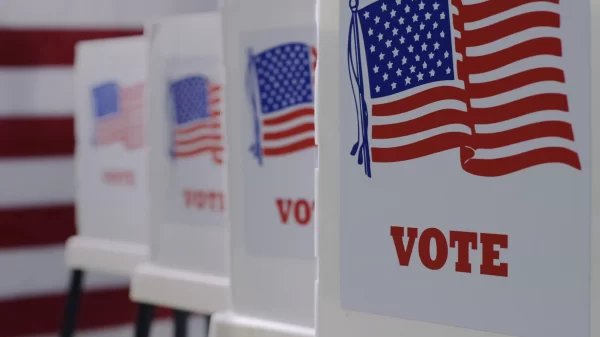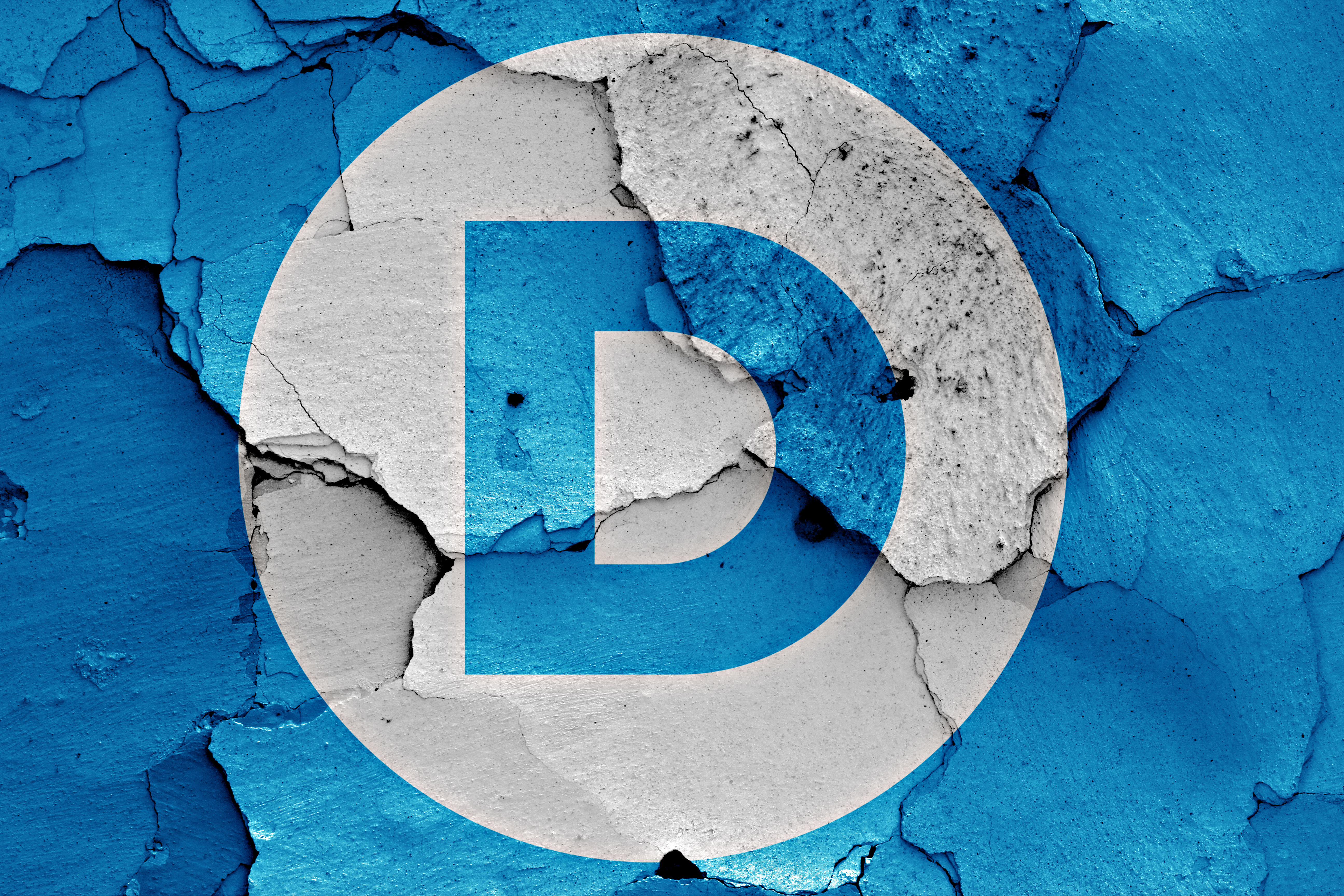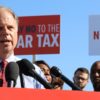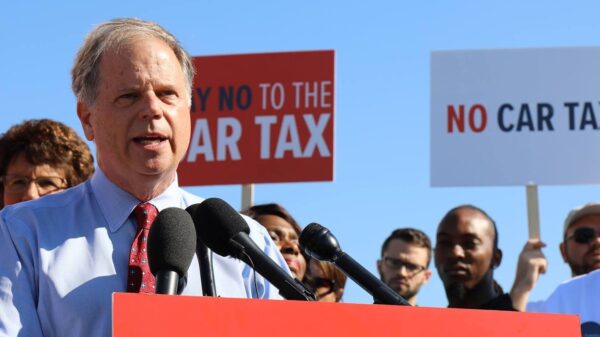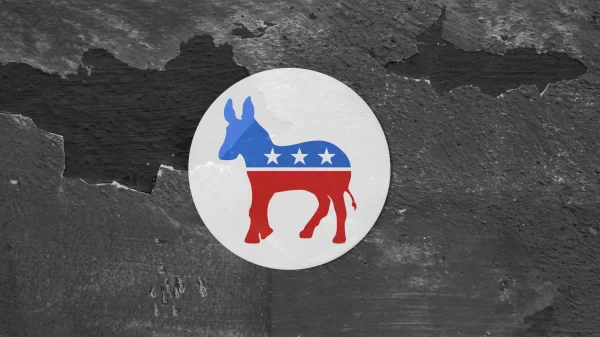|
Getting your Trinity Audio player ready...
|
The Alabama Democratic Party didn’t diminish or dissolve any caucuses, as has been widely reported, during its recent executive committee meeting, and the only people who are complaining about anything are the ones who lost, said ADP chairman Randy Kelley.
Tabitha Isner, vice-chair of ADP, responded: “Forgive me if I don’t buy that nothing changed.”
Both Isner and Kelley – who do not enjoy a sunshine and rainbows relationship as the leaders of the state’s Democratic party – both appeared on the Alabama Politics This Week podcast, which will be released Friday morning. And in separate interviews provided their viewpoints of what occurred at last Saturday’s ADP executive committee meeting. Those views are wildly different.
That’s fitting for a meeting that was chaotic from start to finish and featured a wholesale change of the party’s bylaws. Several ADP executive committee members said that the new bylaws essentially eliminate several caucuses that were established by bylaws passed in 2019 and that were required by the Democratic National Committee. Those 2019 bylaws implemented new minority caucuses in order to bring ADP more in line with DNC bylaws and objectives involving updated definitions of diversity and inclusion.
Those new bylaws also gave members the power to overcome the leadership hold on the party enjoyed by Joe Reed, who chairs the Black caucus, or the Alabama Democratic Conference. Under the old bylaws, Reed essentially had the power to handpick all party leadership positions.
The bylaws “passed” on Saturday, according to Isner, restore that power to Reed.
“The difference between a caucus and a committee, at least within the Alabama Democratic Party, is self-determination,” Isner said. “A caucus chooses its own members. A committee does not. Whenever it is determined that more seats at the table need to be added for a specific group, it used to be that the DNC determined how many seats were needed. Now, Joe Reed makes that determination. It used to be that … the caucus for the different groups determined who would fill their extra seats. Under Joe Reed’s bylaws, guess who makes that decision? Joe Reed.”
Kelley, however, sees things differently. In addition to saying that no caucus had its voting power diminished, he said that the new bylaws, which require that any caucus be 15 percent of the Democratic electorate in the most recent presidential election, would inspire growth and that the changes were good for the party.
“Some people are upset. Some people will get over it and others won’t get over it,” Kelley said. “The motivation for the changes by our affirmative action committee was establishing a threshold of 17 percent to be a committee. And what that does is forces the organization to grow.”
Kelley said the new bylaws also ends the practice of allowing a person to vote multiple times if they were members of multiple caucuses.
When pressed on the fact that the new bylaws were a step backwards in terms of representation of all minority groups, Kelley said simply: “Well, the people voted. I didn’t have any control over how they voted. And I don’t think it’s going to be catastrophic for the party.”
Isner said she believes the party will continue to survive, even if it is “broken,” and that she’s hopeful for a peace deal at some point in the future.
“I keep showing up to the table for a peace deal and I’m not met by anyone who is willing to negotiate,” Isner said. “There’s no interest in negotiating. I don’t know how you reach a peace deal with someone who won’t come to the table.”
Both Kelley and Isner essentially passed on answering whether the DNC might intervene in Alabama’s mess. DNC chair Jaime Harrison tweeted last week that he found reports from Saturday’s meeting “troubling” and that the national party would investigate what’s going on.
Isner said it was “to be determined” what the DNC might do. Kelley said he didn’t think the national party could do anything, because there is no uniformity in state party bylaws.
Isner and Kelley also touch on various other issues, including the $50 alleged poll tax and how they expect donors to respond to the upheaval. You can listen to the interviews, as well as interview with Rep. Ontario Tillman, at the Alabama Politics This Week website or by subscribing to the podcast for free on any of the usual podcast platforms.





































